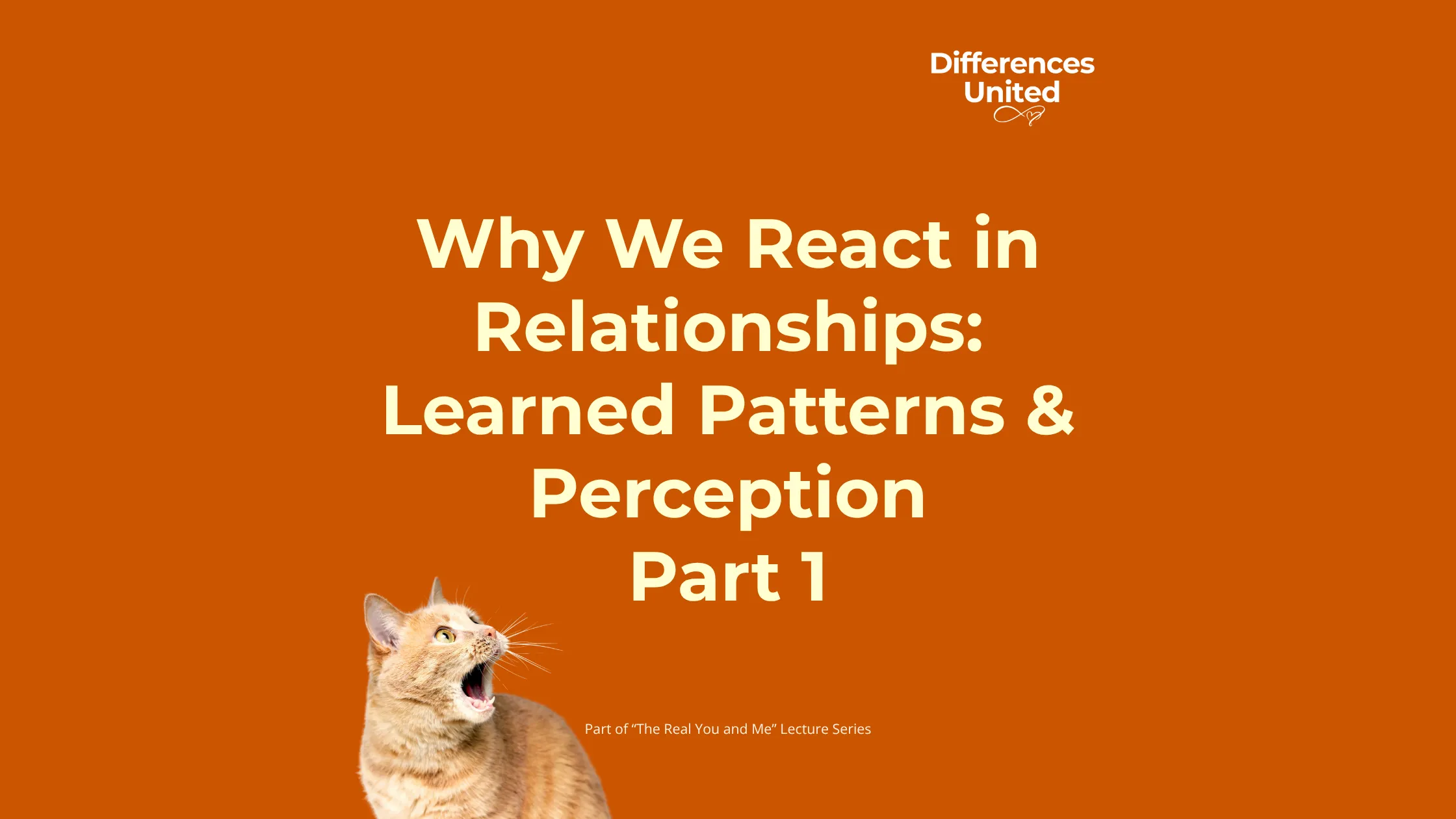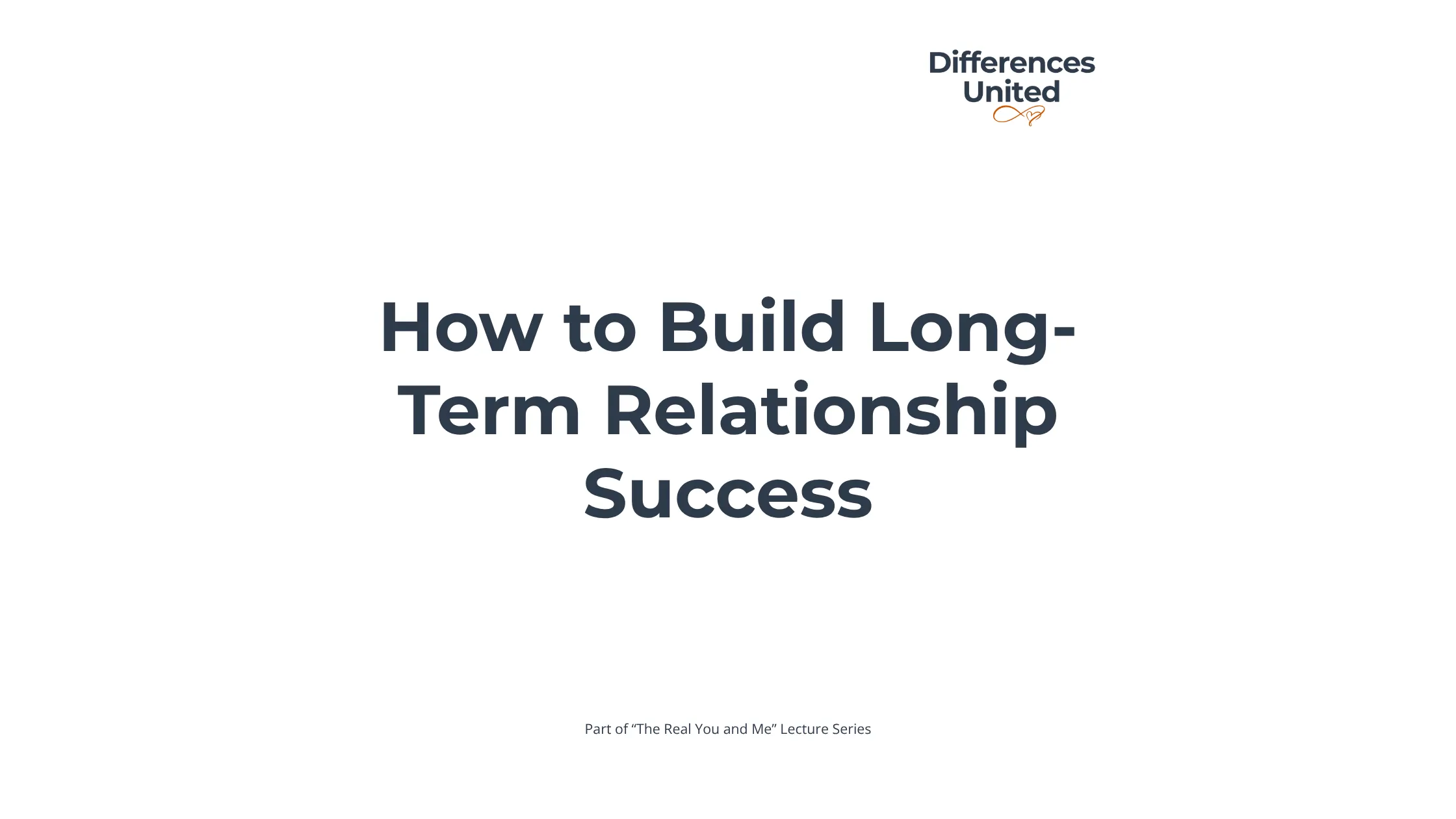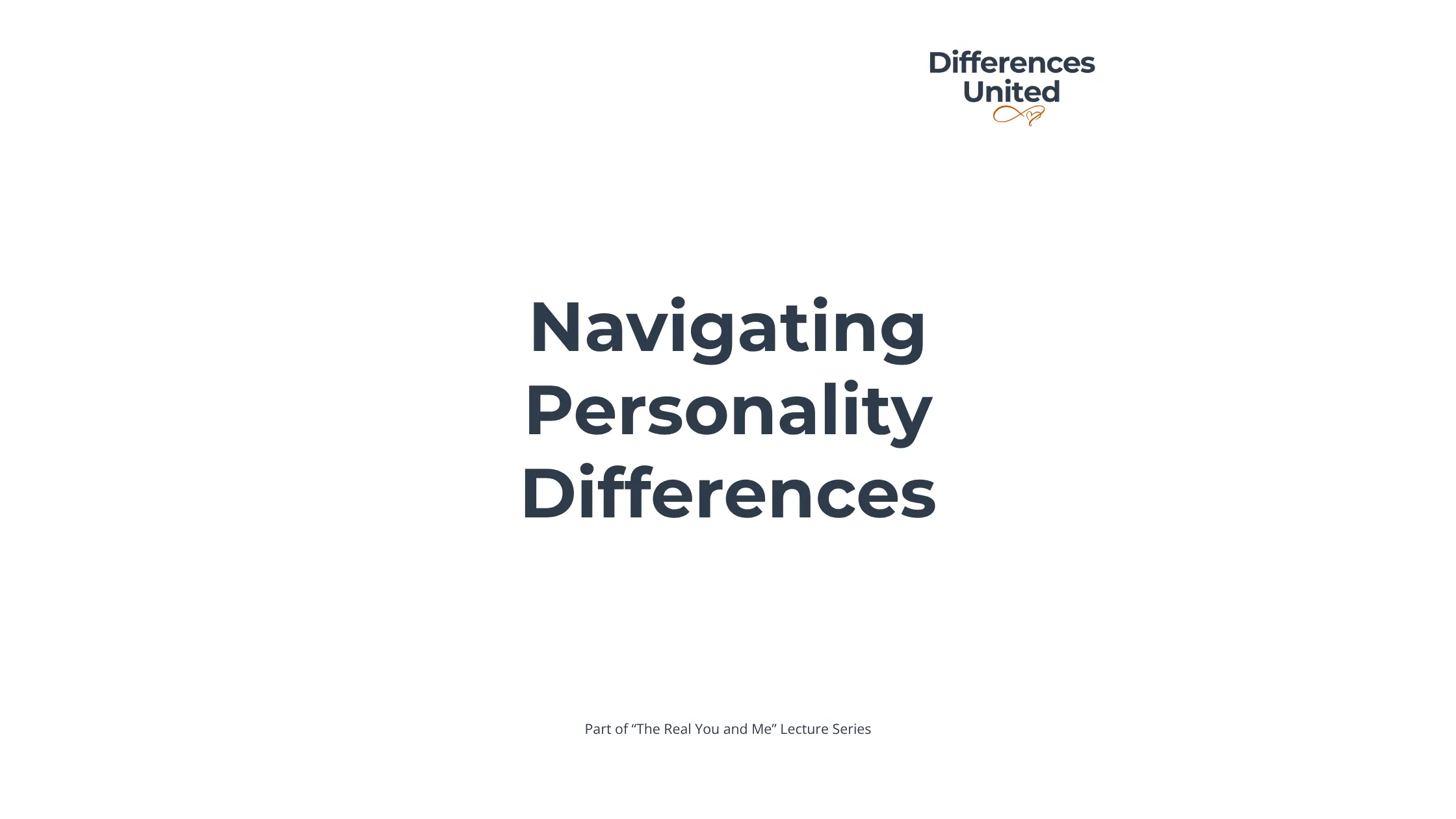Block 1 Articles list for The Real You and Me Relationship Program
- Article 1 - Why We React in Relationships - Part 1
- Article 2 - Why We React in Relationships - Part 2
- Article 3 - Self-Awareness in Conflict: Notice Before You React
- Article 4 - Creating Lasting Change in Relationships
- Article 5 - Team Mindset
- Article 6 - Navigating personality differences in relationships
- Article 7 - How to Build Long-Term Relationship Success
Hi and welcome to the article of block one of the Real You and Me relationship program. In this article, we’re laying the foundation for understanding why we react in relationships the way we do towards our partner. To achieve that we need to start with the roots of emotional reactions in relationships.
In part 1 we explore the Autopilot system and Perception.
Learned Behavior: The Roots of Emotional Reaction Patterns
To better understand why we react, we need to look at learned behavior. Learned behavior oversees how our past experiences shape the way we think, feel and react. Most of the things we label as “my personality” or “just the way I am” are actually things we learned over time.
Just like when your partner withdraws after a conversation that you thought went well—or when they raise their voice and you instantly feel attacked—these are not random reactions. They’re learned patterns. Patterns shaped by experiences from long before the two of you met.
Everything aside of basic human functioning is learned in some way. We mirrored those around us, especially early on, to figure out the “right way”, what’s safe, and how to behave in relationships.
The Autopilot System in Relationships: How Our Brain Reacts Without Us Being Aware of it.
Let’s explore the autopilot system – this system is our brain making sense of what’s happening around us without us needing to to use extra mental (aware) resources for it.
It’s built on past memories and the emotional charge that came with them. And here’s the nuanced part: we didn’t choose how we stored those memories.
Our brain constantly scans sounds, sight, touch, sensations for what feels familiar and what is safe or not. To conserve energy it learned to simplify complex experiences into easy-to-follow cause-effect rules: “if this happends, then that follows.”
Each of us develops a unique set of rules based on life experiences. Those rules determine what we pay attention to and we prioritize.
So when your partner does something—like raising their voice—it can trigger a response in you that’s been shaped, for example, by how that felt in your childhood home.
Without realizing it, our autopilot system initiates when we want to smile, when we want to frown, when we want to pull back or push back. Those split-second decisions is why in same situations, you and your partner may process and experience completely different realities.
That’s why it’s so important to have compassion toward yourself and your partner. These reactions weren’t consciously chosen—they were learned and we can work with them.
While they’re not always helpful now, they made sense back then. Compassion doesn’t mean that we excuse everything. It means curiosity towards each other to figure out how each of you is seeing the situation in their own light.
Relationship Conflicts and Perception: We See Through Different Filters
Conflicts often feel so frustrating, not because you don’t love each other, but because you you want your partner to see the world the same way you do.
One of you might need space after conflict. The other might need closeness.
One of you might look for emotional support, the other wants to provide solutions.
One of you might need structure and rules, the other freedom and options.
If you assume their way of reacting means they don’t care, you might miss the truth underneath: it may just be their coping strategy.
Your partner is not reacting to you personally. They’re reacting to their understanding of what’s happening. Those misunderstandings are not dead ends. They can actually be the entry point to deeper connection.
Honestly, it’s hard to stay consicous to how you react in every stressful situation. There are just so many factors. One thing can be said for certain, consciousness and awareness is a skill. It needs intentional practice and it can take years to master.
And this is where compassion becomes really important. When we recognize that we’re reacting to our own stories—and so is our partner—we create space for curiosity instead of blame.
Learning how to take a step back and see that the sitatuion is not “You vs Your partner” is crucial. We will expand on this in the next articles.
Full Article List for Block 1 - The Real You and Me Relationship Program
- Article 1 - Why We React in Relationships - Part 1
- Article 2 - Why We React in Relationships - Part 2
- Article 3 - Self-Awareness in Conflict: Notice Before You React
- Article 4 - Creating Lasting Change in Relationships
- Article 5 - Team Mindset
- Article 6 - Navigating personality differences in relationships
- Article 7 - How to Build Long-Term Relationship Success
FAQ for Why Do We React in Relationships?
Why do I emotionally react so quickly in relationships?
Your reactions are often shaped by learned behaviors from your past. These patterns began long before your current relationship and were formed through experiences, especially in childhood. What feels like a “personality trait” might actually be an old coping strategy playing out automatically.
What is the autopilot system in emotional reactions?
The autopilot system refers to how your brain responds automatically to situations based on past memories and emotional associations. It scans for danger or familiarity, then triggers reactions—like withdrawing, tensing up, or becoming defensive—without your conscious awareness.
Why do my partner and I see the same situation so differently?
Because you’re both operating through different internal filters. Your life experiences shape what you prioritize, how you interpret gestures, tone, or silence, and how you react to conflict. These mental filters lead you to experience the same situation in completely different ways.



